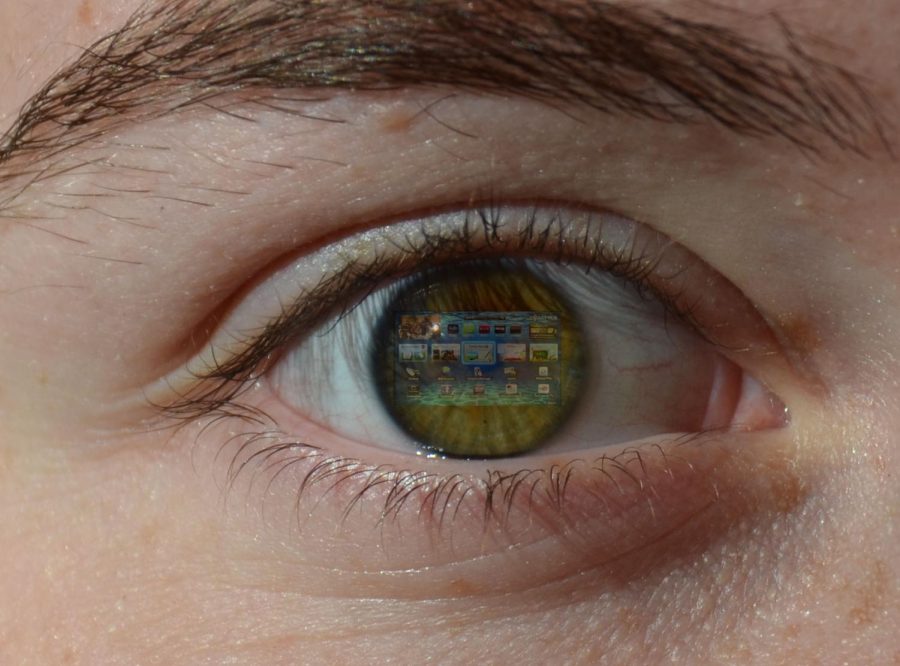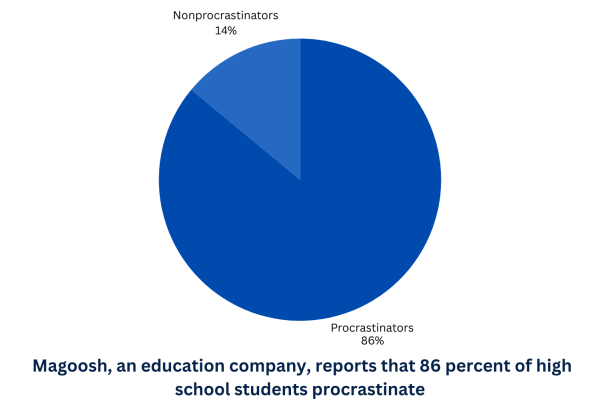How TV Affects Perception
TV shows often affect how a person views a certain subject and can amplify other feelings such as fear or paranoia about objects or other events.
Finishing the last episode of the season, I watch as the screen goes dark and the words “to be continued…” appear. My house is quiet and every faint noise is multiplied by 10. After making sure that no one had tried to break into my house, I make my way upstairs and lie in bed with the thought of, What if that episode plotline happens to me? running in the back of my head.
I’ll admit I watch my fair share of law-and-order-type TV shows, and every time the show ends, it leaves me with an uneasy feeling. It might be because I watch the shows late at night, but also the storyline seems so realistic, and I can always find a way to relate it back to my life. Now obviously that is what the producers want; they want the audience to be left with a sense of eeriness, or at least awareness that these situations can happen, but how accurate are the portrayals?
In most shows, the main idea is about creating drama to get good ratings and reviews. So even though episodes may be based on true events, the event is often exaggerated to be more entertaining for audiences to watch. However, sometimes things can get out hand with how much drama is being added in, making it seem unrealistic to viewers. For me, I enjoy that aspect more than the average Joe might because it makes it easier to watch knowing that these events couldn’t take place in daily life.
These shows also look at the backstory of each character. While I’m not saying it’s completely impossible, it seems a little unconvincing that one person will have a love interest or something of the sort that directly ties into a couple episodes oh-so-perfectly multiple times in a series or season, even. Because let’s be real, that’s not how life works.
I also find myself looking at certain things in a different light and sort of being hypersensitive to everything. For example, I have a major fear of white vans, and while that may seem like a semi-normal fear, TV shows — “Criminal Minds” in particular — has exaggerated those fears to a different level. I’m talking anything that looks even remotely like a white van, I deem automatically sketchy.
Now this could just be me, but I’ve noticed that these fears might have something more to do with how the TV shows are portraying how police departments and criminal cases actually work. In each episode of a TV show, like “Law and Order,” there is a different plot line and a different mystery to solve. It usually takes the main characters one to three days to solve the case start to end, and then they simply move on to the next episode.
But in real time, it almost never happens like this. It can take weeks, months, even years to solve a single case. And on occasion, some cases are unsolved all together. Take the Golden State Killer, for example. He was in his “prime” in the 1970s-80s, committing dozens of murders and rapes, and was only just arrested in the last six months.
So even though TV shows accelerate the timeline, the reality of crimes is that they are often no so fast paced. People, like myself, can take a breather and stop stressing out about every white van they see.









